 2023.08.31
2023.08.31
As people's standard of living continues to improve, people are eating better and better, and a variety of oral problems come to the door!
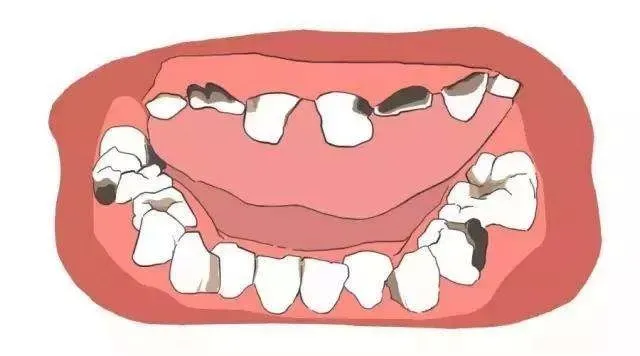
The mouth is the body's first line of defense,Japan, as a major longevity country, has long ranked among the top three countries in the world in terms of the healthy life expectancy of its citizens. This is inextricably linked to the importance the Japanese place on oral health management.
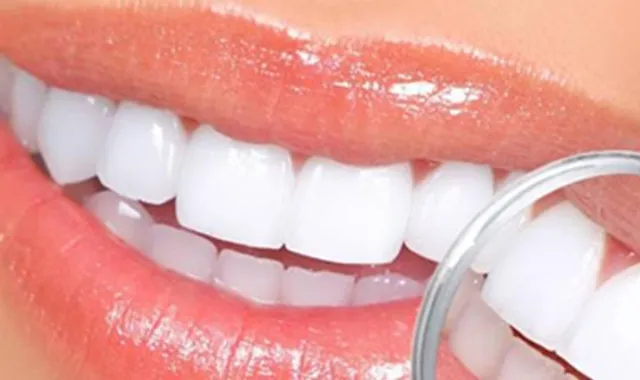
When it comes to oral health management, it is important to mention the development of the Japanese Dental...
Dentistry in Japan started early!
Japanese Ministry of Health and Welfare Affairs data show that in the 1970s and 1980s, the Japanese people's oral condition is not optimistic, the incidence of dental caries continues to rise, many people at a young age has been tooth loss.
Deaths from aspiration pneumonia and unintentional injuries to the elderly due to oral problems are frequent due to neglect of oral hygiene and tooth loss.
In addition, oral hygiene and health also affect the elderly's social activities such as going out and making friends, making some "toothless" elderly people reluctant to go out and develop a tendency to depression.
In order to improve the overall health of the nation, Japan launched the "8020 Dental Care Campaign" in the 1980s, calling on people to take care of their teeth and manage their oral health from birth to old age.
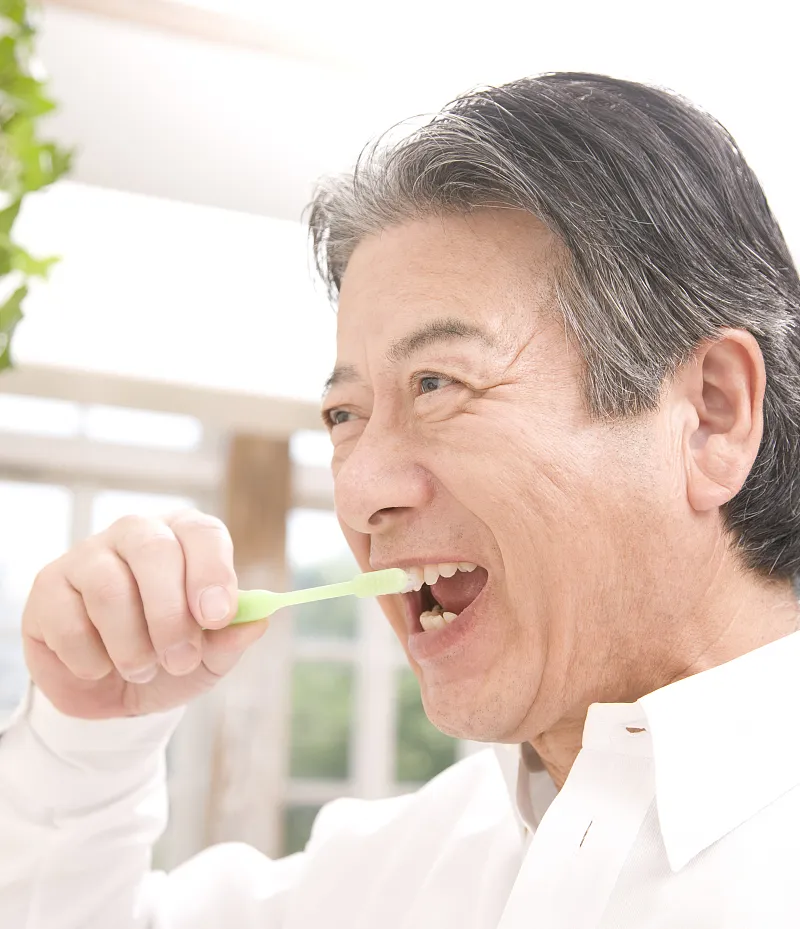
The Japanese dental industry is growing rapidly!
In 1874, Japan introduced a medical system modeled on that of the West, requiring doctors to pass a licensing examination;
In 1883, the registration of dentists was separated from the medical registration, and dentists and doctors became separate entities;
In 1903, the Japan Dental Association was officially established.
By the middle of the 20th century, the influx of Western culture led to major changes in the living and eating habits of the Japanese people, a rapid increase in dental caries, and a shortage of dentists, which for a time became a problem for society and the profession. In response to this situation, the Government has increased the number of dental schools and dental departments.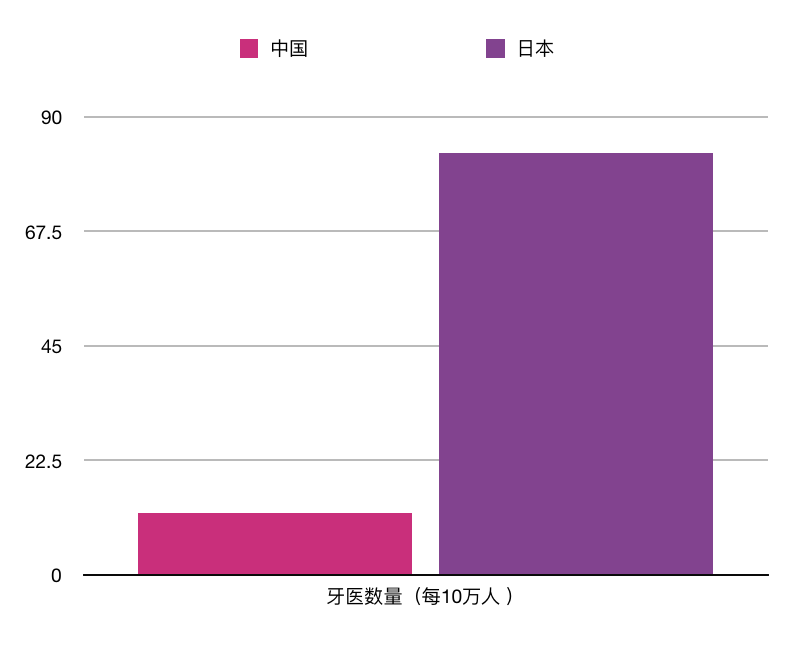
This is undoubtedly due to the government's emphasis on dental health, and the number of dentists in Japan grew by leaps and bounds at the end of the twentieth century. According to the Japan Dental Association, as early as 1996, there were about 86,000 dentists in Japan, with a dentist-to-population ratio of 1:1,457.
The number of dental clinics in Japan is said to have surpassed the number of convenience stores. 85% of dentists work in clinics, and more than 60% of these also have their own clinics.
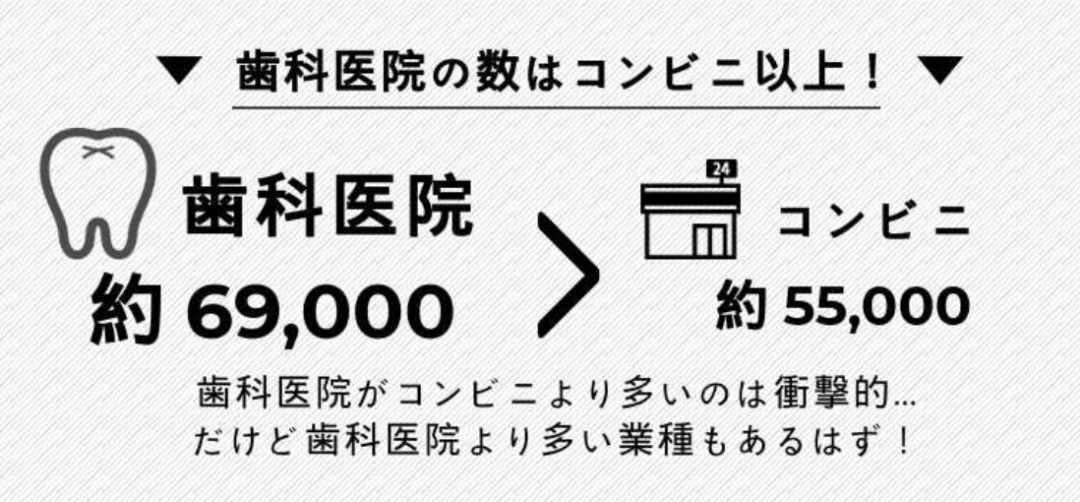
Dental health is more of a priority than it used to be!
The Japanese health insurance system covers medical and dental care and has been mandatory for all citizens since 1961.All people who live in Japan for more than 3 months are also required to purchase health insurance.
Good teeth, start at an early age
In Japan, from nursery school (which is generally available from the age of half a year) onwards, children's dental checkups are arranged every year, and a medical record is created to record the status of each tooth and recommend a program of protection and treatment to parents.
Therefore, children in nursery schools are expected to brush their own teeth after meals from the middle school class.
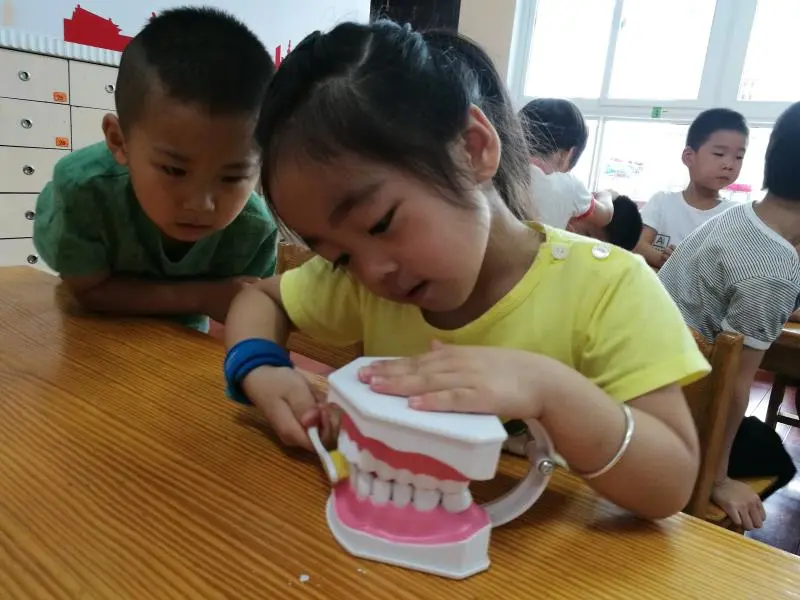
In the first half of the second year of elementary school, a course on "Dental care" is organized, with a special textbook to help children better understand the science of dental care.
In Japanese dental clinics, doctors also conduct health education at all times. After each dental visit, the dental assistant will meticulously explain to the patient about his dental problems, such as how he should brush his teeth properly in general, and how he should choose the right toothbrush and toothpaste for himself.
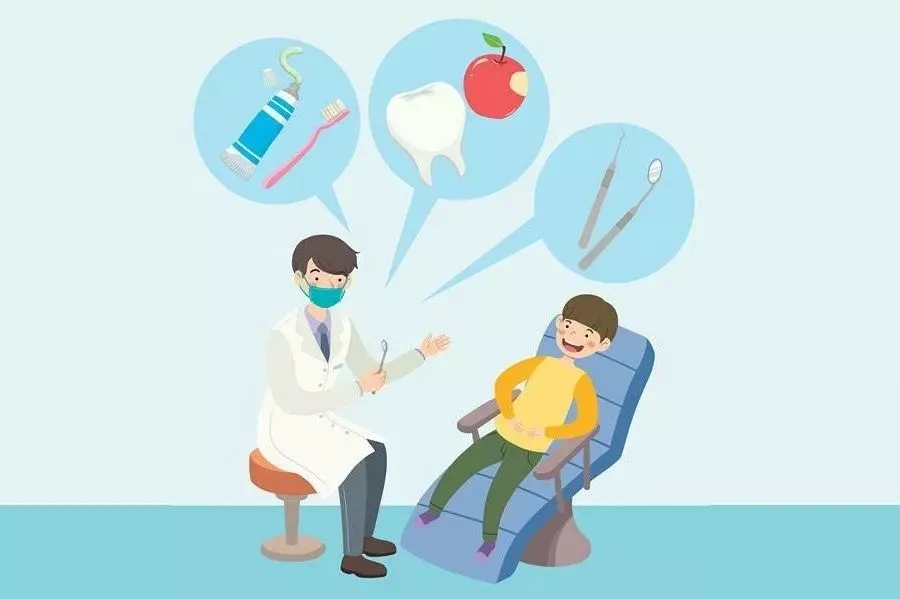
For the elderly, bad teeth will also affect the quality of life in later years. In Japan, the oral condition of the elderly is regularly surveyed on a community basis for early prevention and treatment.
Unlike China, Japanese parents are actually more concerned about their children's teeth.This is also due to a policy that children's medical care is free until the end of elementary school in Japan, so parents want to have their children's cavities cured before then. After all, saving money is the first thing parents do.
in China,Certain parents may feel that their milk teeth will have to be replaced sooner or later, and therefore don't place a high priority on pediatric dentistry.

Japan Sweetrip Oral Care Brand, a brand owned by Tohya Co.
In order to also enable Chinese children to raise a mouthful of healthy teeth, starting at an early age!
Sweetrip is dedicated to oral care research and is committed to creating a high-end oral product brand for Asian oral health care!
Inspired to introduce the Japanese oral care concept to China, so that Chinese children, youth and elderly can have a mouthful of healthy teeth~
It is also possible to have 20 intact, healthy teeth by the age of 80, just like the Japanese population!









